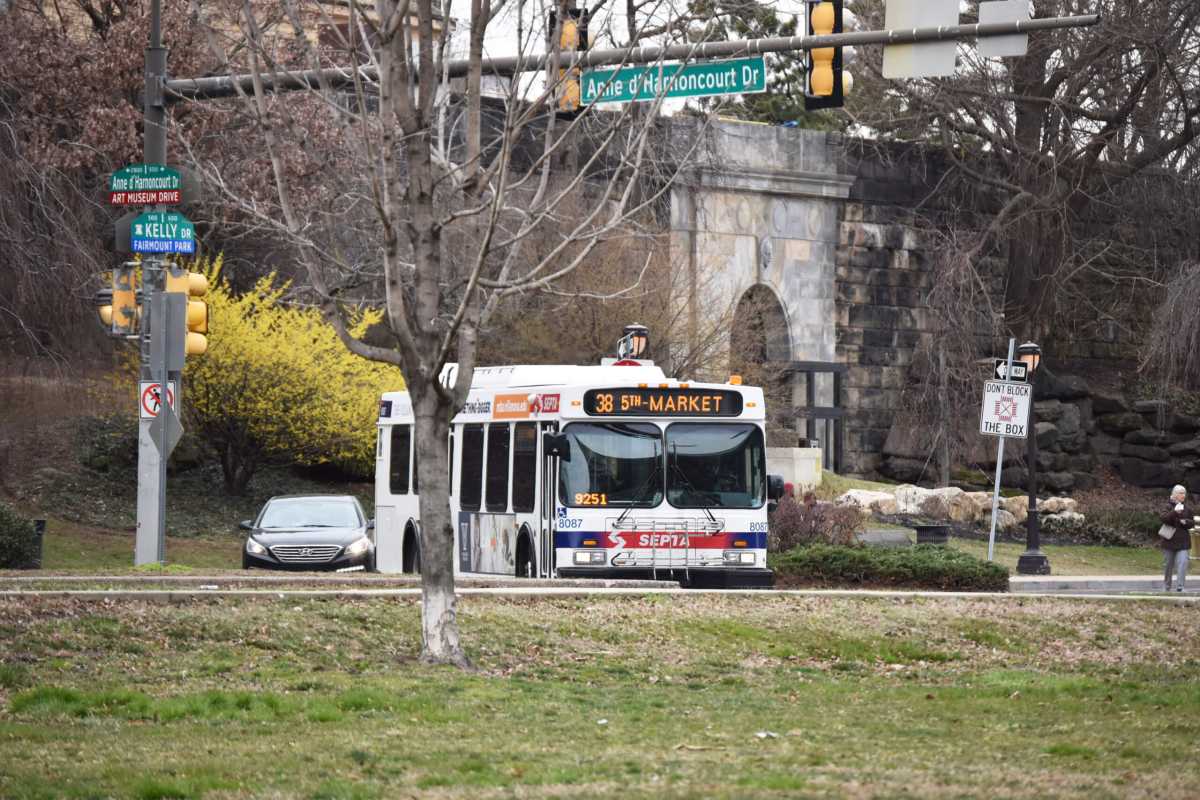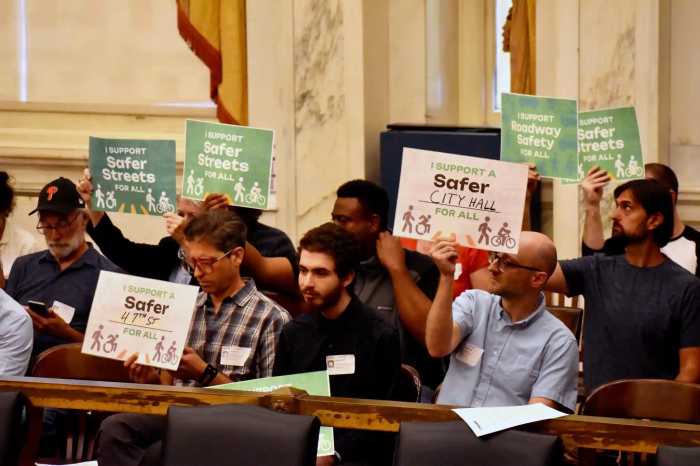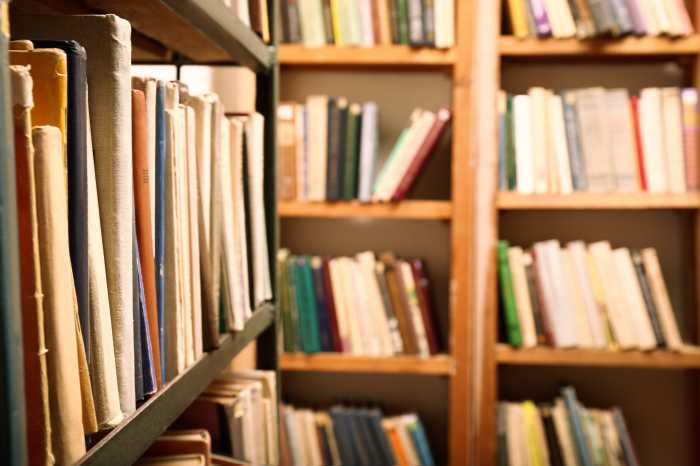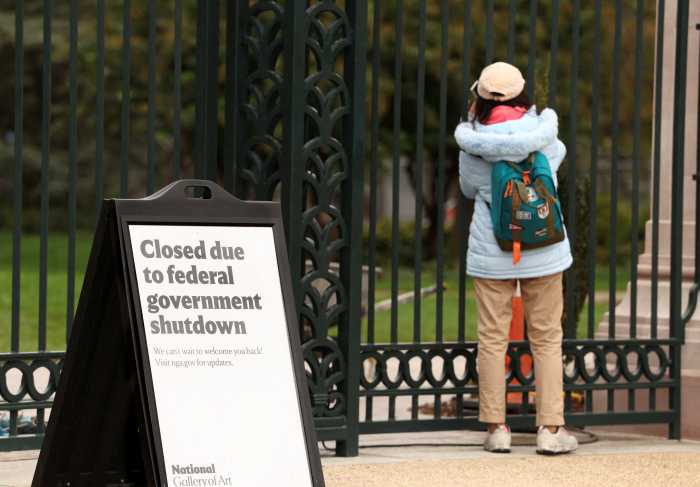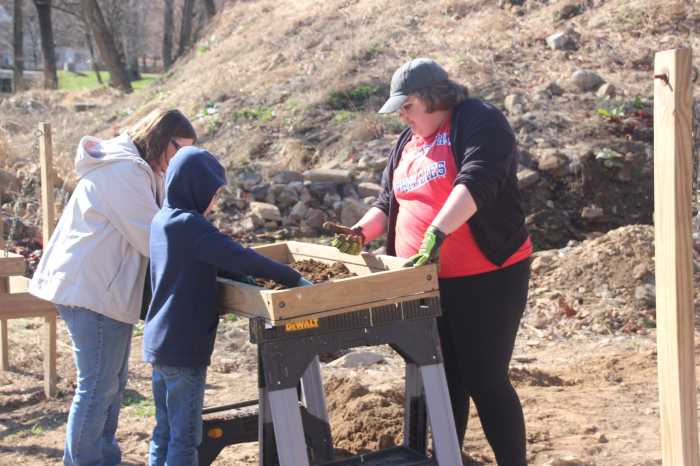SEPTA is getting more than $600 million from the $2.2 trillion federal coronavirus stimulus package, but riders shouldn’t expect a return to normal anytime soon.
Much, and maybe all, of the money will be used just to keep the transit agency’s head above water. They’re projecting a loss of at least $300 million and an additional $250 million cut in government subsidies, spokesman Andrew Busch said.
“The idea is for this money to be a stabilizing force to get us through this very difficult period and also help us get ready for everyone coming back, whenever that may be,” he said.
COVID-19 is starting to take its toll on SEPTA’s workforce. A week ago, just a few workers had tested positive for the virus. Now, more than 40 employees have it, and others are at home in quarantine, Busch said.
It’s putting a strain on the agency’s ability to operate its current services, even with Regional Rail running on a bare-bones schedule and all other modes on a Saturday schedule.
One healthcare worker told Metro he’s now driving to work. He doesn’t have time to wait around for a Regional Rail train that comes every two hours.
“Right now, that’s what we’re able to provide,” Busch said. “We’re trying to steer as many people as possible to the Market-Frankford and Broad Street lines,” which are still running relatively frequently.
If there’s any more changes, at least in the near future, it will be for further service reductions, Busch said.
SEPTA’s receiving $643 million from the feds, a majority of the $1.13 billion in transportation grants coming to Pennsylvania, according to U.S. Sen. Bob Casey’s office. Busch said the agency was pleased with its allocation.
“We were in close communication the whole time with the Pennsylvania Congressional delegation to make sure that they knew what we were projecting our needs to be and where we were hoping the federal government would be able to provide some relief,” he said.
In total, the stimulus package, known as the CARES Act, is distributing $25 billion to transportation systems around the county.
Busch said SEPTA is predicting a budget deficit of at least $150 million through June 30, the end of the current fiscal year.
“Most of that is directly due to the loss in fare revenue that we’re going to experience,” he added.
Ridership on Regional Rail is down a whopping 97 percent, and buses, trolleys and subways have seen an 80 percent decrease.
The agency is expecting a $150 million shortfall in next year’s budget, due to lingering effects of the coronavirus and added expenses, like additional cleaning supplies and personal protective equipment for employees.
There’s also worry that ridership won’t recover fully after the outbreak subsides, especially if the country’s economy isn’t able to bounce back right away.
In addition, SEPTA expects that state and local governments, also hamstrung by the virus, will cut public transportation subsidies to the tune of at least $250 million, Busch said.
“We’re really looking at this as a 12-to-18-month impact on our budget,” he added. “We’re doing a number of things to try to cut costs on our end.”
SEPTA’s executives are taking a 15 percent pay cut, and the agency on Friday enacted a 10 percent cut for 669 managerial and administrative employees, according to Busch. Overtime has also been eliminated, and there has been a hiring freeze in place.
Last week, Metro reported that Transport Workers Union Local 234 was dissatisfied with how SEPTA was handling the COVID-19 pandemic.
The union, which represents thousands of the agency’s employees, demanded SEPTA test workers for a fever when they report to their jobs; implement hazard pay for front line workers; and allow employees with underlying medical conditions to immediately take paid time off, among other requests.
Busch said hazard pay is out of the budget, but SEPTA is very close to procuring thousands of paper and cloth masks and gloves to provide to workers.
“We want to do as much as we can to make sure they’re protected,” he said.
SEPTA has implemented passenger limits on bus, trolleys and the Norristown High Speed Line to enforce social distancing. In addition, riders who do not have a disability are now asked to board from the back door.



